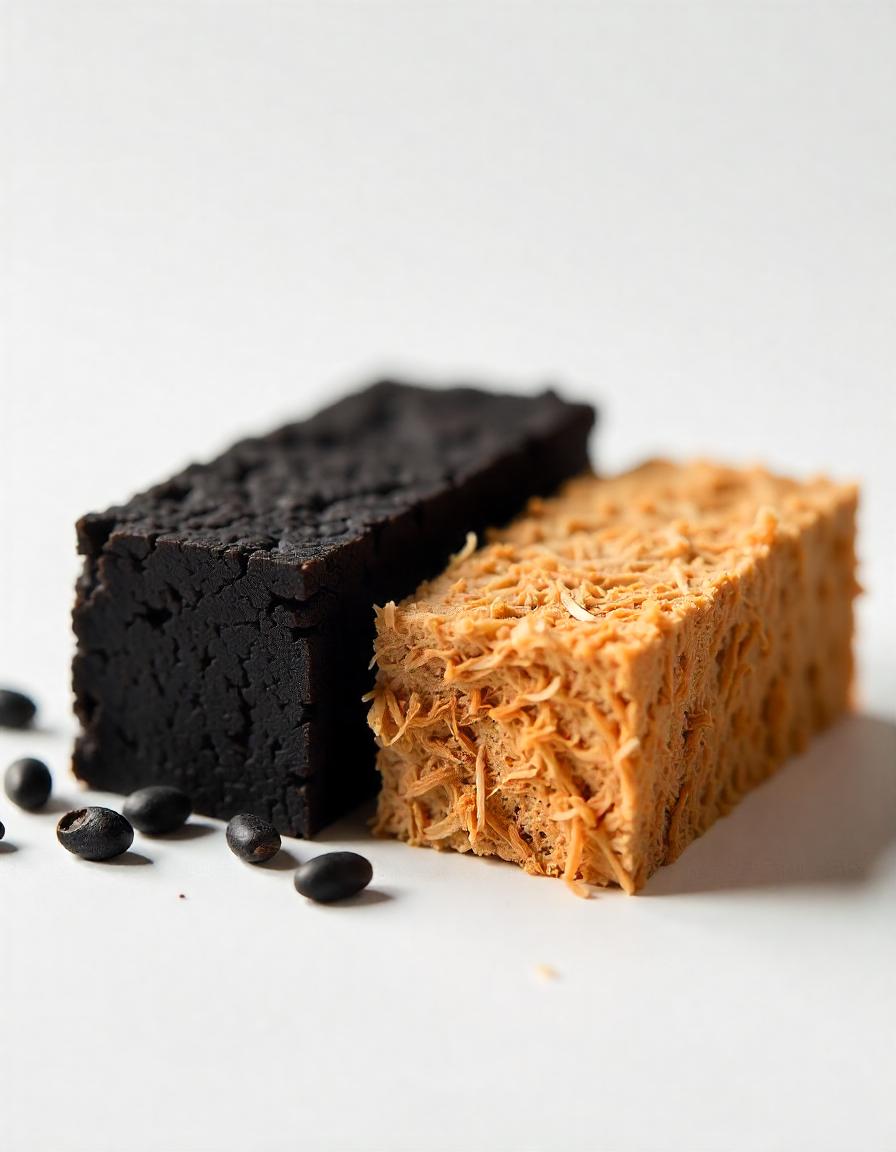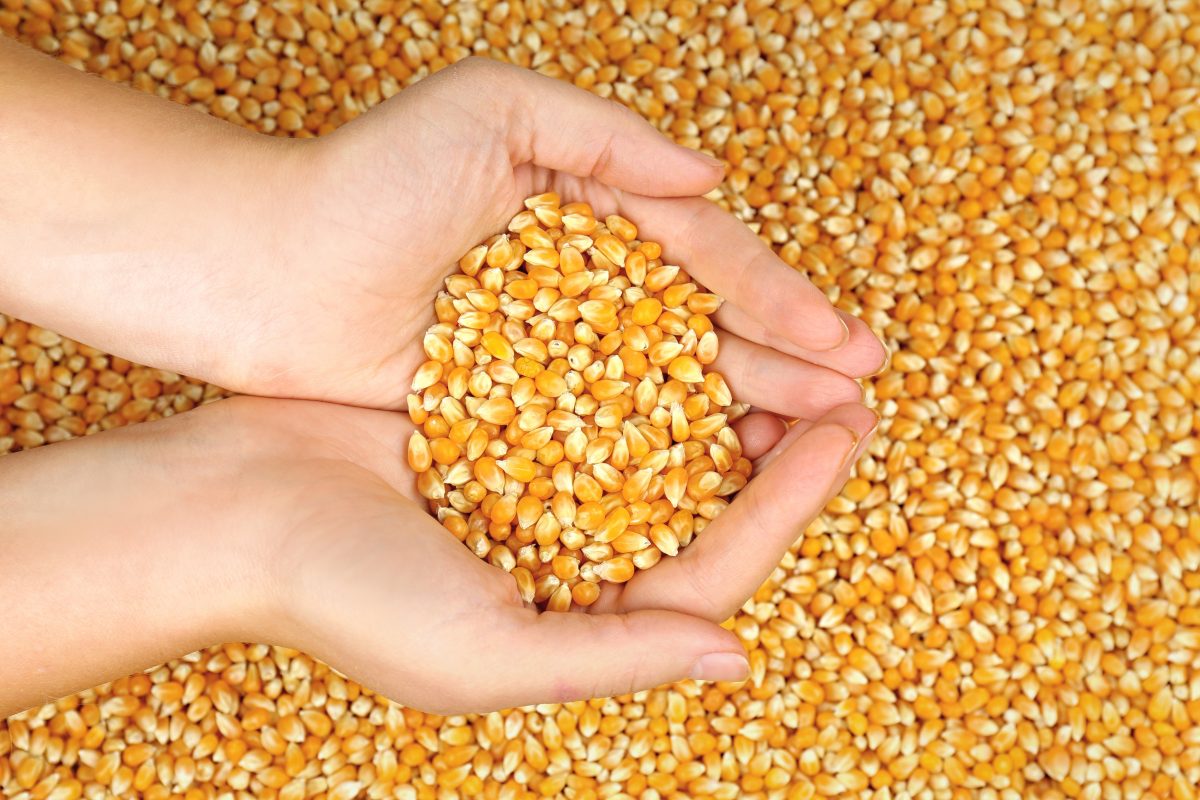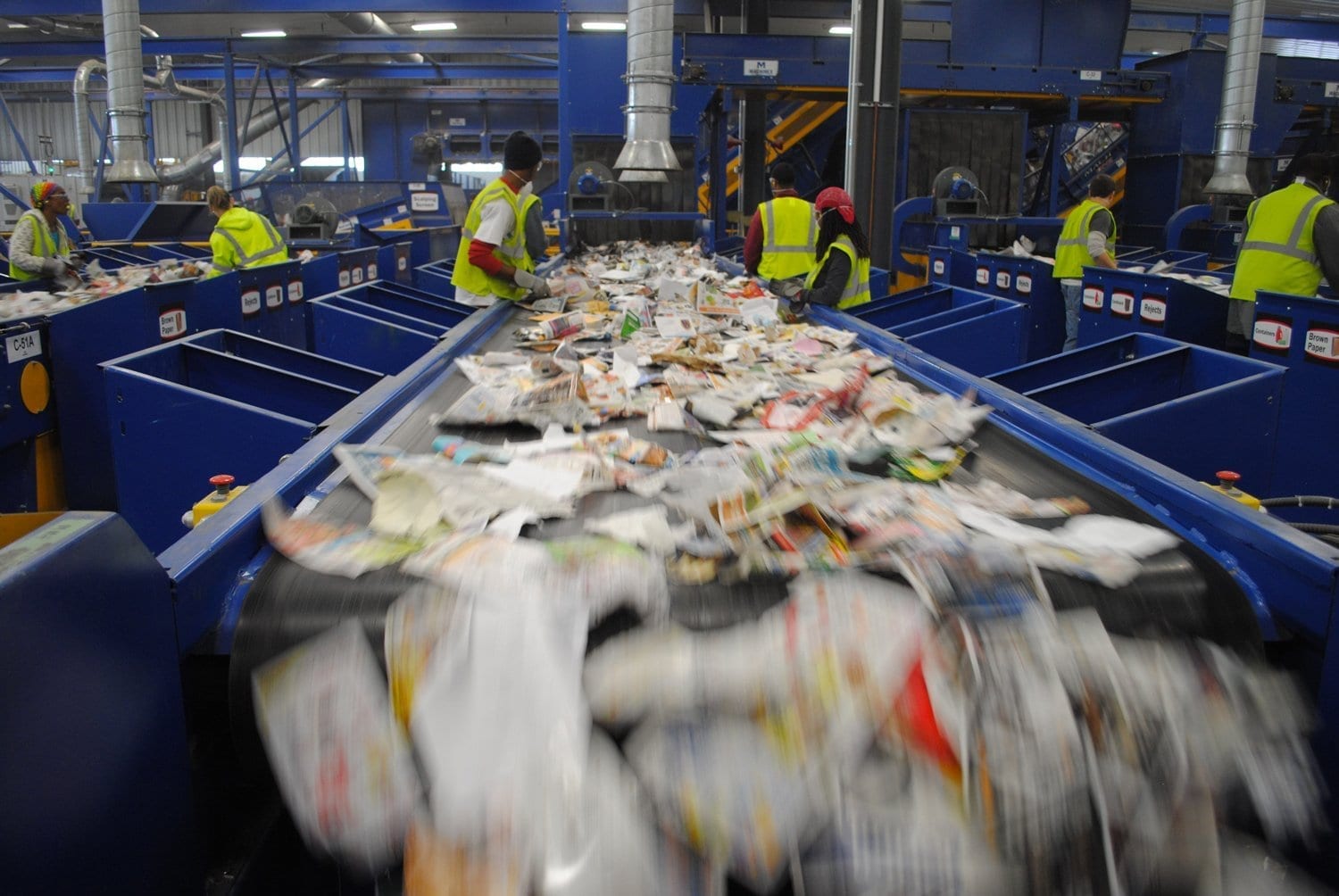When it comes to fuel alternatives, briquettes have gained significant popularity due to their efficiency and sustainability. However, not all briquettes are created equal. The distinction between standard briquettes and coconut briquettes often leaves consumers wondering which option is superior for their needs. This article delves into the differences between the two, helping you make an informed choice while highlighting a recommended supplier for premium coconut briquettes.
What Are Briquettes?
Briquettes are compacted blocks of combustible material commonly made from charcoal dust, coal, wood, or other biomass. They are widely used for cooking, heating, and industrial processes due to their affordability and accessibility. Traditional briquettes are typically manufactured using binders, such as starch or clay, to maintain their structure.
While effective as a fuel source, standard briquettes often have higher ash content and may emit a stronger odor when burned. The elevated ash levels can lead to more frequent cleaning, while the strong odor might be unsuitable for indoor use or sensitive environments. Additionally, their production process can sometimes involve less sustainable practices, such as deforestation or reliance on non-renewable resources, which may not align with environmentally conscious goals. These drawbacks make them a less attractive option for those prioritizing sustainability and clean energy.
What Are Coconut Briquettes?
Coconut briquette, on the other hand, are made from coconut shell charcoal. This eco-friendly alternative utilises recycled agricultural waste, making it a sustainable option for those concerned with reducing environmental impact. Coconut shell charcoal briquettes are known for their high calorific value, low ash residue, and smokeless combustion, making them ideal for grilling, shisha, and other indoor uses.
The production process of coconut briquettes involves carbonizing coconut shells, grinding them into powder, and compressing the material into blocks using natural binders. The result is a high-quality, renewable fuel source that burns cleaner and longer than traditional options.
Key Differences Between Briquettes and Coconut Briquettes
- Raw Materials:
- Briquettes: Made from various materials, including charcoal dust and biomass.
- Coconut Briquette: Exclusively made from coconut shells, a renewable agricultural byproduct.
- Performance:
- Briquettes: Burn effectively but often leave behind significant ash and emit noticeable smoke and odor.
- Coconut Briquette: Provide a longer burn time, minimal ash, and smokeless combustion.
- Sustainability:
- Briquettes: May not always come from sustainable sources.
- Coconut Briquette: Utilize waste material, making them an environmentally friendly option.
- Applications:
- Briquette: Suitable for general heating and industrial use.
- Coconut Briquettes: Ideal for barbecues, shisha, and eco-conscious consumers.
Why Choose Coconut Shell Charcoal Briquette?
If sustainability, efficiency, and cleanliness are priorities, coconut shell charcoal briquette are the clear winner. They outperform traditional briquettes in nearly every aspect, ensuring a superior experience for both residential and commercial users.
For those looking to get high-quality coconut briquettes, trusted and reliable suppliers offer premium-grade products customised to meet diverse needs. With an emphasis on eco-friendly practices and consistent performance, their coconut shell charcoal briquette are a reliable choice for consumers worldwide.
Conclusion
Understanding the difference between briquettes and coconut briquettes is essential to making the right and informed choice. Coconut briquette stand out as a sustainable, high-performing, and eco-friendly alternative. Whether for grilling or heating, they offer unparalleled benefits, making them the preferred option for discerning users. To ensure quality and reliability, consider sourcing from a supplier known for their dedication to excellence and environmentally conscious practices.





